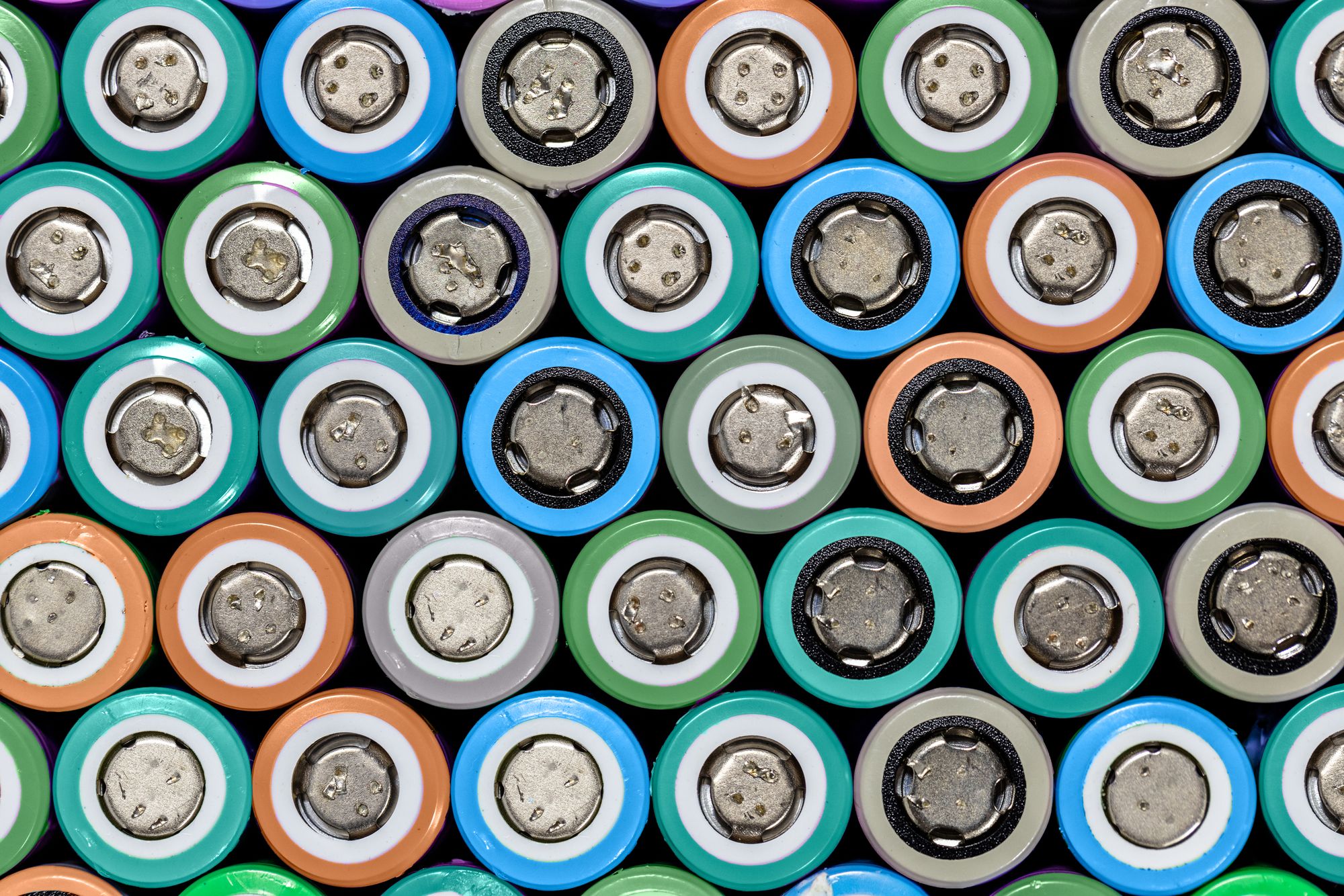
Jun 4, 2024
Lithium-ion batteries explained: Key information and uses
Read post

Lithium-ion batteries are an integral part of our lives, powering our smartphones, laptops, and other electronics. But with our increasing use, consumer devices have become one of the world’s fastest-growing waste streams. Americans discard hundreds of millions of devices annually, yet only 17% of e-waste (discarded electronics, including devices containing batteries) and less than 5% of devices containing lithium-ion batteries are recycled. This presents an opportunity to "urban mine" old batteries and devices, creating new, sustainable products and reducing our reliance on virgin mined material.
Whether found in a laptop or an electric vehicle, lithium-ion batteries contain the same elements from the periodic table. Remarkably, these metals can be recycled nearly infinitely. Metal atoms don’t change or degrade, allowing recyclers like Redwood to refine end-of-life batteries into new battery materials without compromising performance or battery life.

Recycling lithium-ion batteries and the rechargeable devices that contain them is essential for several reasons:
Reducing environmental impact: Recycling lithium-ion batteries conserves valuable metals that can be reused instead of discarded in landfills, thereby reducing the need to mine and preserving critical resources.
Meeting growing demand: With exponentially growing demand for lithium-ion batteries across industries (clean energy, transportation, consumer electronics, among others), recycling helps address this increased need.
Strengthening domestic supply chain: Establishing local recycling pathways bolsters our domestic supply chain, reducing dependence on foreign sources and ensuring these valuable metals remain in the US supply chain to drive down battery costs.

Lithium-ion batteries are commonly found in various rechargeable consumer electronic devices, such as smartphones, laptops, tablets, and power tools. They’re also at the heart of electric vehicles and sustainable energy storage applications.
Household batteries come in various chemistries, including alkaline, nickel-cadmium (Ni-Cd), nickel-metal hydride (Ni-MH), and lithium-ion (Li-ion). Redwood only accepts nickel-metal hydride (Ni-MH), lithium-ion (Li-ion), and any rechargeable device.
To ensure the safe and compliant recycling of rechargeable devices and batteries, it’s essential to follow specific safety measures while adhering to federal, state, and local guidelines. Proper recycling helps minimize the risk of fires and other safety hazards.
A few tips to prep your batteries for safe recycling:
Avoid exposing batteries to extreme temperatures, as this can increase the risk of thermal runaway, a rapid and uncontrolled increase in temperature leading to fire or explosion.
Do not puncture, crush, or disassemble lithium-ion batteries, as this can release toxic chemicals and cause short circuits, which may result in fire or explosion.
Find a swollen, corroded or leaking battery? Place it in a non-flammable material (sand or rice) and place in a cool, dry place. Reach out to Redwood Materials or contact the manufacturer directly for instructions.
If recycling a device, Redwood can accept the full device. No need to remove the battery from the casing.
Should I wipe my data? Before sending or dropping off a personal device, we encourage you to sign out of all your accounts, remove the SIM card and perform a factory reset to remove all personal data. Factory reset instructions: Apple device and Google device
We’ve developed an instructional video that outlines battery preparation for recycling. By adhering to these guidelines, you can contribute to a more efficient and responsible recycling process, paving the way for a sustainable future.
*Recycling through Redwood’s consumer program is intended for individuals only. Items that present a health or safety hazard are not accepted.
675 Innovation Way
ATTN: Consumer Recycling Program
Sparks, NV 89437
Devices with a battery inside (ex: phone, laptop, or tablet): Send in standard packing (any strong cardboard box works) with inner packing materials to prevent movement within the box. Please make sure your package does not exceed 66 lbs.
Loose lithium-ion batteries: Ship following DOT guidelines. Each battery should be placed in its own clear plastic bag or tape the terminals with packing, electrical, or duct tape. Items can be shipped by ground transportation only and package cannot exceed 66 lbs.
Items that present a health or safety hazard are not accepted; please refer to our DDR battery guide.
We host collection events across the country. Check out our events calendar to see if there is an event near you.
Redwood hosts a nationwide network of 100+ collection points providing consumers with free, accessible recycling options. Our network of collection points is constantly growing and updated regularly.